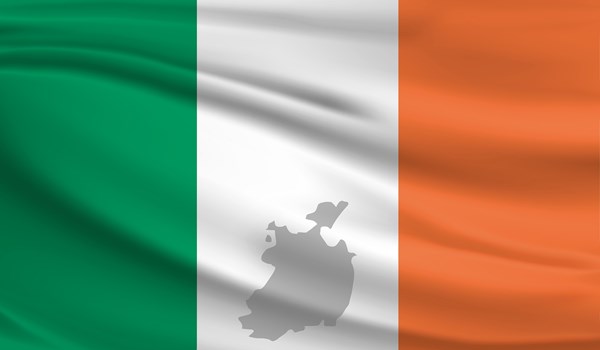Jurisdictions
Regions
Industry Sectors
16/09/21
IRELAND: More anti-tax avoidance measures in Budget 2022 to deal with ‘single malt’ system.

As published on irishtimes.com, Thursday 16 September, 2021.
Further measures to deal with tax avoidance will be introduced in the budget next month, the Dáil has been told, after charity Christian Aid highlighted practices by pharma giant Abbott to exploit a tax loophole using an arrangement similar to the so-called “single malt” system.
Minister of State for Finance Seán Fleming said “there will be further developments in the coming budget” to address tax avoidance, and the Finance Bill, which gives effect to the budget provisions, “will complete the transposition of the anti-tax avoidance rules”.
Mr Fleming said that in referring to single malt “we’re not talking about whiskey”. The word “single” refers to a business that is either single-residence or domicile in an area and the word “malt” is short for Malta, he said.
The Minister was responding to Labour finance spokesman Ged Nash who highlighted a report by Christian Aid on what he called “immoral” tax practices that certain organisations are allowed to operate “bizarrely lawfully” because of arcane and elaborate structures.
The single malt operation allowed companies incorporated in Ireland to avoid or minimise their corporation tax bills by funnelling profits into low-tax states, in this case Malta.
“These structures will enable the Abbott entity to avoid paying corporation tax on nearly €500 million of profits attributable to intellectual property, including Covid-19 tests,” Mr Nash said.
Minister for Finance Paschal Donohoe introduced measures in 2018 to close down such operations, but Mr Nash said “three new Abbot-related entities were set up in Ireland purely with the intention of avoiding tax on their profits”.
The narrow drafting of the Ireland-Malta tax agreement, which Mr Donohoe said should “eliminate any remaining concerns about such structures” and was another sign of Ireland’s commitment to tackle aggressive tax planning, “turns out to be nothing of the sort”.
Abbott has insisted in the wake of the Christian Aid analysis that it “never used the ‘single malt’ structure that was eliminated by the Irish and Maltese governments in 2019”.
However, it does appear to use some type of Maltese structure to avoid tax.
But the mutinational said: “We comply with all applicable local and international tax laws and regulations, including in Ireland, Malta and developing countries.”
Mr Nash pointed to the charity’s analysis that it was the narrow drafting of the Minister’s 2018 changes that allowed this “abominable practice” to happen.
“This elaborate game of pass the parcel might be lawful, bizarre as it sounds, but it is disgusting and immoral. The practice literally takes food out of the mouths of children in Ethiopia and Nepal where Abbott sells Covid kits and where taxes on the profits of sales there ought to be paid.”
The Louth TD said the previous government failed to sign Ireland up to Article 12 of the OECD multilateral instrument despite the warning from Christian Aid and TDs now in Government.
He said the “whack-a-mole” approach to closing tax loopholes did not work when the “tax avoidance industry” is always one step ahead.
He asked if there were any schemes similar to the single malt in place and if the Government had undertaken any recent assessment of Irish-incorporated companies tax resident in other countries, since the residency changes came into effect in 2019.
Mr Fleming said it would be inappropriate for him as Minister to comment in the house on the tax affairs of an individual tax payer.
Since 2018 only four companies had been incorporated in Ireland, all part of the one group, and this was done in February 2019, he said.
Mr Fleming believed the “real story” was that insufficient prominence was given in the Christian Aid report that the 2018 measures had effectively eliminated the single malt structure with only one company outstanding, which was getting “close scrutiny”.



